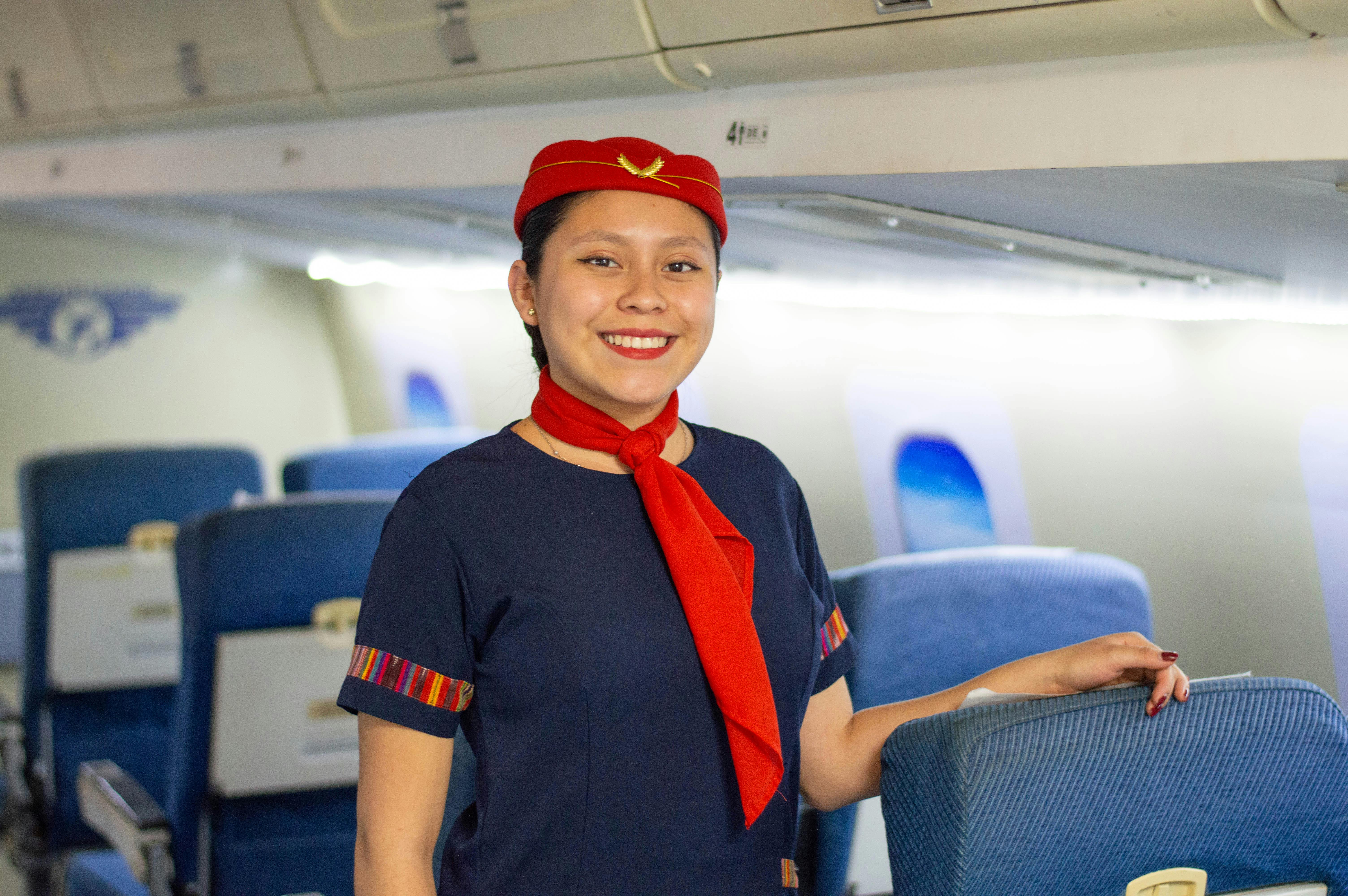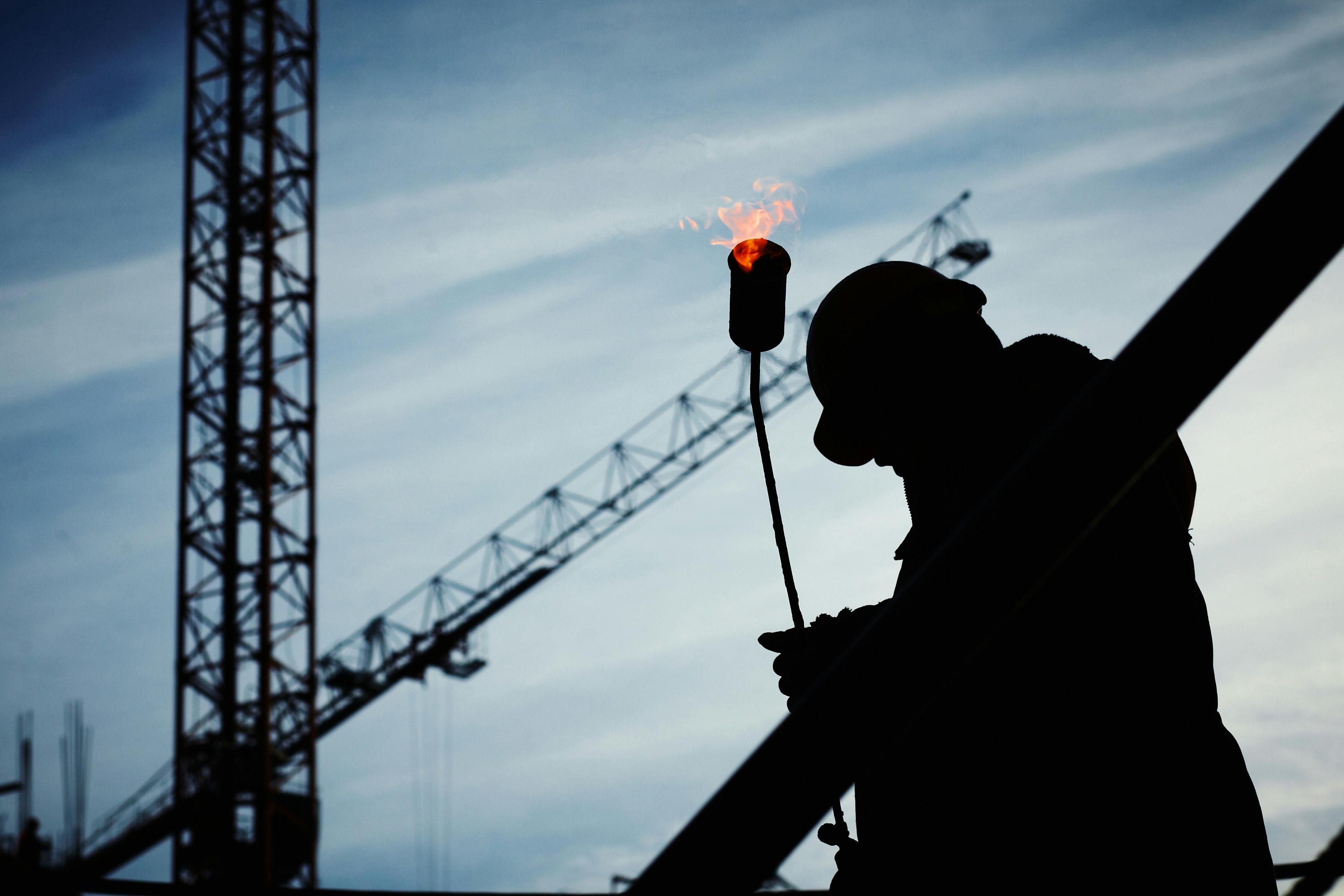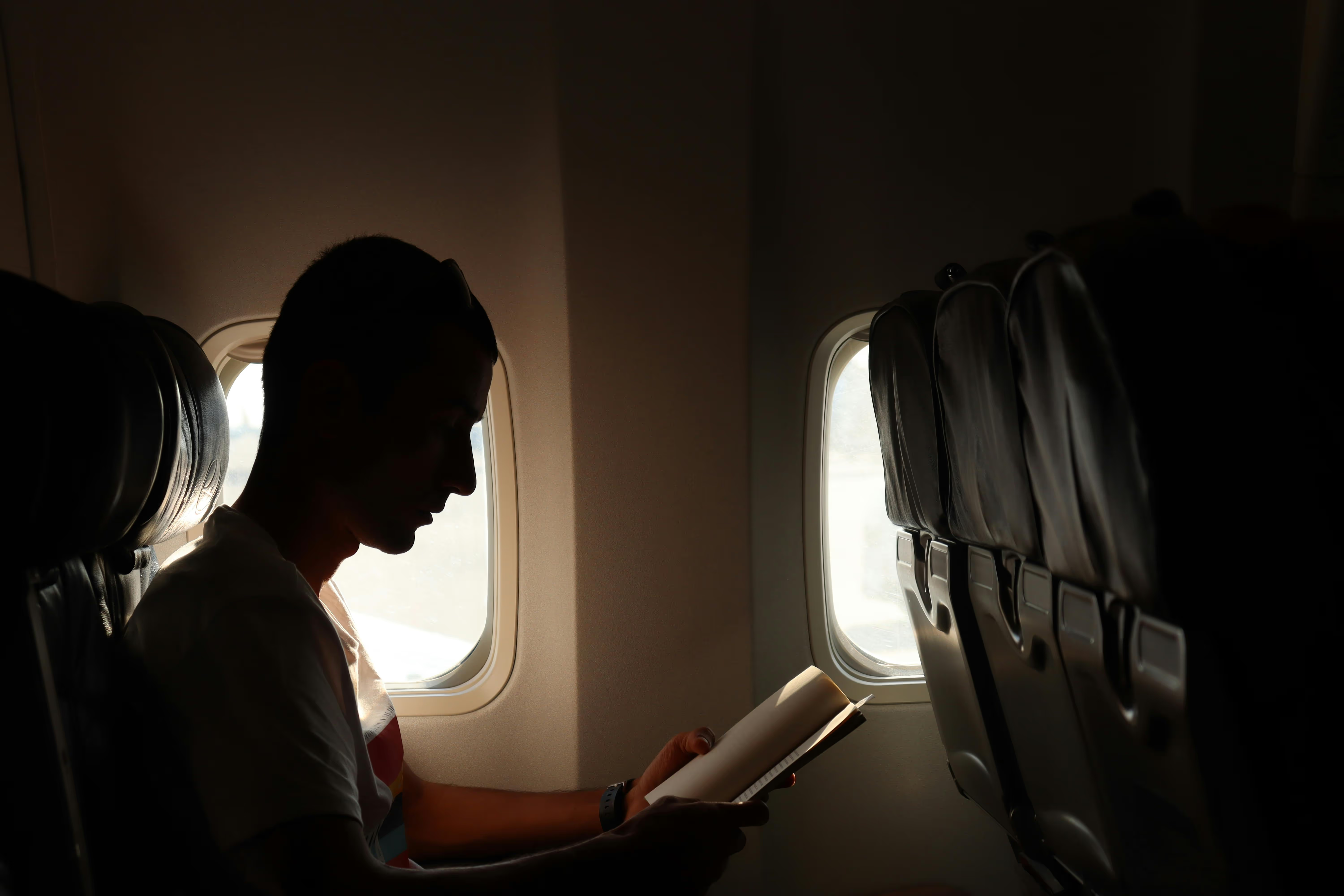Flight Attendant Housing Guide: Crash Pads vs. Hotels & All Other Options

As a flight attendant or crew member, your schedule changes weekly, and you need affordable places to sleep near airports in multiple cities. Maybe your base is Denver, but you live in Phoenix. Or your route covers three cities, but your actual home is somewhere else entirely.
Traditional apartments or nightly hotel rates will bankrupt you. So many flight attendants opt to stay at crash pads — temporary housing designed to host multiple crew members in a dorm-style setup.
This guide covers every housing option for flight attendants, from crash pads to hotels to corporate housing. Learn how to choose what works for your routes, budget, and career stage.
The Hidden Costs Flight Attendants Face
Airport housing costs more than anywhere else. But that's just the obvious expense. Flight attendants face hidden costs that regular travelers never consider. Your housing choice affects everything from your bank account to your job performance.
Storage is a real problem. You need space for uniforms, equipment, and clothes for multi-day trips. Most housing near airports provides limited storage. This leads to flight attendants using storage units or keeping extra gear in their cars.
Transportation costs add up fast. Airport shuttles don't run when you need them. Uber rides from downtown areas to airports cost $15-80 each way. Airport parking runs $10-30 per day for economy lots. These costs compound when you're flying multiple times per week.
Base changes destroy budgets. Airlines reassign crew bases with limited notice. That housing arrangement you set up? Now it's useless. You're scrambling to find new accommodations in an unfamiliar city while managing your current job.
Poor sleep costs money. Noise, schedule conflicts, and unfamiliar environments disrupt rest. Fatigue leads to missed flights, disciplinary action, and lost pay.
What New Flight Attendants Need to Know About Crash Pads
Most new flight attendants have never heard of crash pads. Here's what you need to know.
A crash pad is a hotel room, apartment, or house converted to sleep multiple people. Think hostel-style accommodations where you rent a single bed and share bathrooms instead of getting a private room.
Instead of one queen bed, crash pads pack in multiple bunk beds or twin mattresses. You share bathrooms and common areas. Most crash pads sit within a few miles of major airports with shuttle access or easy public transit to terminals.
Why flight attendants choose crash pads
Crash pads work with unpredictable schedules. No long-term lease commitments. No paying for empty apartments when you're flying international routes for weeks.
Location matters when you start work at 5 AM. Crash pads near airports mean shorter commutes and reliable transportation when other services aren't running.
You need proof of airline employment to rent a crash pad bed. This creates a safe environment since you're living with other crew members who understand red-eye flights and early call times.
Types of crash pads available
Hot beds vs. cold beds: Cold beds stay reserved for you. Hot beds work like hotel rooms - different people use the same bed on different days with housekeeping handling turnover. Hot beds cost less but you might sleep where a stranger slept hours earlier.
Housing types:
- Co-ed housing for all crew types
- Women-only or men-only options
- Flight attendant-only facilities
- Pilot-only arrangements
- Mixed crew housing for all airline employees
You get a bed, shared bathroom access, and basic amenities like Wi-Fi. Hotel-based crash pads usually include daily housekeeping.
How Crash Pads Work for Flight Crews
Most crash pads require month-to-month rental agreements. You pay upfront for your bed assignment.
In exchange, you get extremely affordable housing at the cost of shared facilities and zero privacy. Crash pad beds typically run $200-500 per month compared to $2,400-6,000 monthly for hotels if you need a place every night.
Booking crash pads
Ask senior flight attendants at your base for recommendations first. Check crew forums or search "[your city] flight attendant crash pad" on Facebook.
Get on multiple waiting lists at popular locations. Book as soon as you know your base assignment.
Questions to ask before committing
- Total monthly cost, including all fees and deposits
- Cancellation policy and required notice
- Storage availability for uniforms and luggage
- Transportation options and distance to the airport
Crash Pads vs. Other Flight Crew Housing Options
Here's how crash pads compare to every other option flight attendants actually use.
Crash Pads vs. Hotels
Standard hotel rooms give you privacy, predictable amenities, and professional housekeeping. You control temperature, noise, lighting, and who has access. No sharing bathrooms with strangers or dealing with other people's schedules when you need rest.
Hotel rooms near airports run $80-200 per night. That's $2,400-6,000 monthly if you need a place every night. Hotels work for flight attendants with established route patterns who book in advance and use loyalty programs.
Many hotel chains offer airline employee discounts. Hotels make sense when you're flying predictable routes, have seniority to plan ahead, or need guaranteed privacy for rest.
Crash Pads vs. Extended Stays
Extended stay properties bridge the gap between hotels and apartments. You get a kitchenette, more storage space, and often better weekly or monthly rates than standard hotels.
This means actual closet space for uniforms and room to spread out your gear - luxuries you won't find in crash pads.
Extended stays work for flight attendants with longer assignments in one city or those who prefer hotel-style service with cooking capability. They cost $1,500-3,000 monthly.
Crash Pads vs. Short-term Rentals
Platforms like Airbnb offer apartment or house rentals for flight attendants who want private space and kitchen access. This works best for longer stays or when splitting costs with other crew members.
A two-bedroom rental near the airport might cost $150-250 per night. It's more expensive than crash pads but cheaper than individual hotel rooms, especially when you split the bill between multiple flight attendants.
Crash Pads vs. Corporate Housing
Corporate housing gives you apartment-style space with hotel-style service like housekeeping, maintenance, and utilities included. You get actual storage space and don't share bedrooms with multiple people.
Some airlines partner with corporate housing providers to offer furnished apartments or extended stay arrangements. These usually require booking through your airline's travel department and have limited availability.
Corporate housing costs more than crash pads but offers apartment living with professional management.
Crash Pads vs. Airline-sponsored Housing
Some airlines maintain their own crew housing facilities, especially in expensive markets or international bases. These typically offer private or semi-private rooms with shared common areas.
Airline-sponsored crew houses have official backing but limited availability. Most flight attendants can't rely on these as their primary housing solution.
How to Choose Between Crash Pads and Hotels
Book crash pads and corporate housing as soon as you know your base assignment. Hotel rates and availability get worse closer to your travel dates.
Of course, some housing options will cost you more than money.
- Unlicensed crash pads that pack too many people into spaces not built for it
- Contracts with surprise fees for utilities, cleaning, or internet access
- Places with broken locks, poor lighting, or theft reports from other crew members
Get the total monthly cost in writing before you commit. Prioritize your safety over saving money.
New flight attendants: Start with crash pads in your base city. Get recommendations from senior crew about which ones are clean, safe, and well-run. You're learning routes and building seniority. Flexibility beats luxury.
Established flight attendants with predictable routes: Calculate what you're spending on crash pads plus transportation plus storage. Sometimes hotel loyalty programs or extended stays cost less when you factor in everything.
Flight attendants facing base changes: Don't sign long-term contracts anywhere. Month-to-month arrangements cost more but save you when the airline moves your base with 30 days notice.
What flight crews actually spend: Crash pads vs. everything else
- Crash pads: $200-500/month
- Hotels (if needed nightly): $2,400-6,000/month
- Extended stays: $1,500-3,000/month
- Short-term rentals: $150-250/night (split with others)
- Corporate housing: $2,000-4,000/month
The real question: What lets you show up to work rested and ready? If your current housing leaves you exhausted, it's costing you more than rent money. It's affecting your job performance and safety.
Your housing works if it gets you adequate rest, doesn't drain your paycheck, and adapts when your schedule changes.
Where to Find Crash Pads (and Hotel Alternatives)
The best housing intel comes from flight attendants who work your routes. Ask senior flight attendants at your base for recommendations first. Then check crew forums or search "[your city] flight attendant crash pad" on Facebook.
Ask about places to avoid, not just places they recommend.
Where to search for hotel alternatives
- Hotels - Use crew travel booking platforms for airline employee discounts, or join loyalty programs for chains near your base airports
- Extended stays - Use Engine to compare weekly and monthly rates across properties, saving you time versus calling each location individually
- Corporate housing - Check with your airline's crew scheduling or travel department for contracted options
- Short-term rentals - Airbnb works for longer stays when splitting costs with other crew, but lacks the business travel features flight attendants need; Engine’s got you covered

Stop Overpaying for Crew Accommodations
Engine eliminates the guesswork and price gouging that comes with last-minute crew bookings. Get airline employee rates automatically. Book changes without penalties. Skip the markup that consumer sites add to your bill.
Whether you're using crash pads as your primary housing or need reliable hotel options for route changes, Engine handles your backup bookings so you're never stuck paying full price.
Find crew rates that save money instead of paying full price when you're already working for your paycheck.




.jpg)








.jpg)


.avif)


.avif)


.avif)





.avif)







.jpg)



![How to Get the Best Hotel Deals and Rewards [Infographic]](https://cdn.prod.website-files.com/66a41388b1be9ba182f1e80c/66a41388b1be9ba182f1f257_Windsor_Hotel_-_in_winter.avif)







